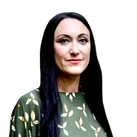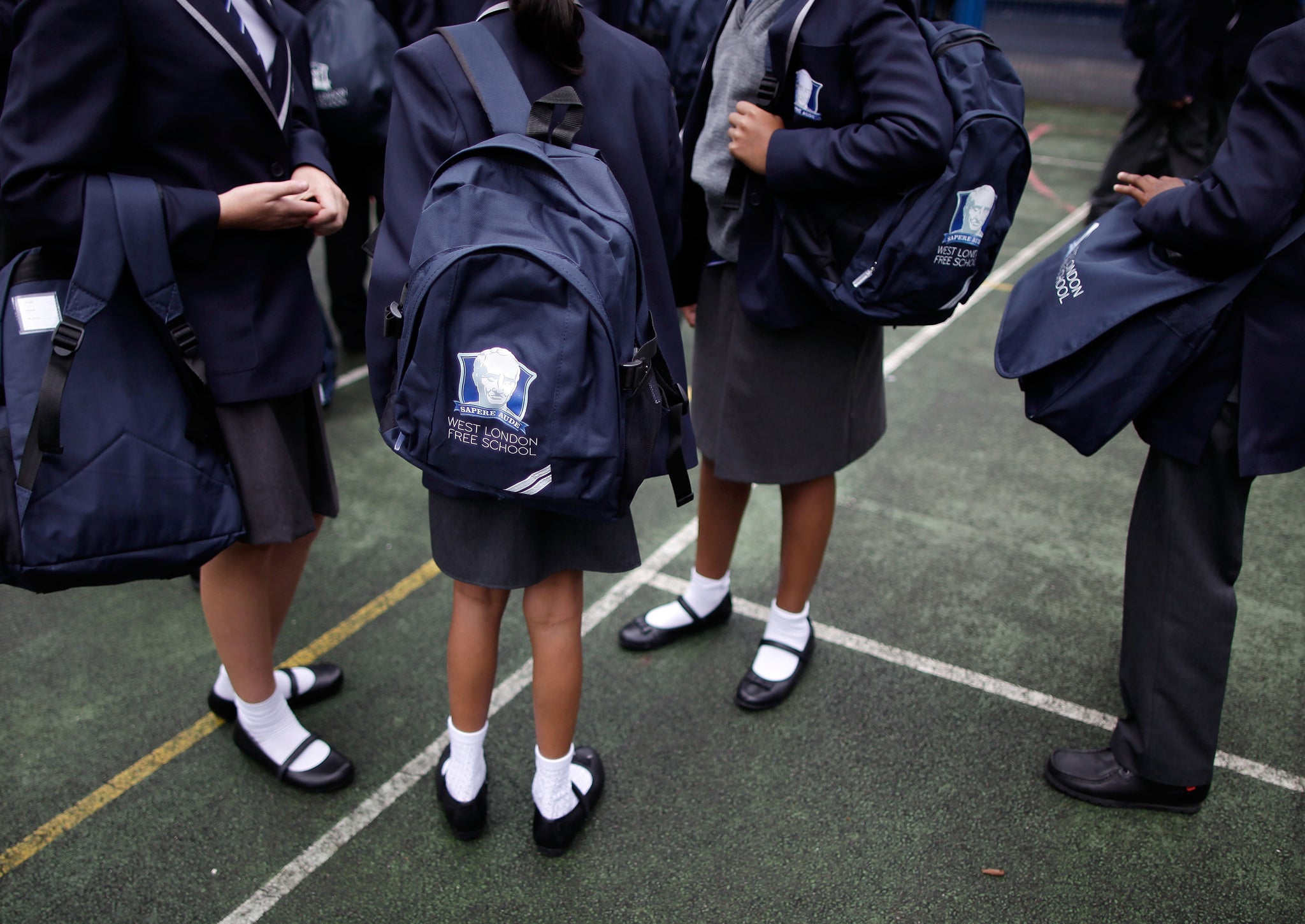Make all state schools secular, and all faith schools – if we must have them – private
Admissions criteria on the basis of religion, or lack of it, is discriminatory and unfair


Your support helps us to tell the story
From reproductive rights to climate change to Big Tech, The Independent is on the ground when the story is developing. Whether it's investigating the financials of Elon Musk's pro-Trump PAC or producing our latest documentary, 'The A Word', which shines a light on the American women fighting for reproductive rights, we know how important it is to parse out the facts from the messaging.
At such a critical moment in US history, we need reporters on the ground. Your donation allows us to keep sending journalists to speak to both sides of the story.
The Independent is trusted by Americans across the entire political spectrum. And unlike many other quality news outlets, we choose not to lock Americans out of our reporting and analysis with paywalls. We believe quality journalism should be available to everyone, paid for by those who can afford it.
Your support makes all the difference.Faith has never been more hotly contested than when it comes to our children.
But while we wait for the dust to settle in the galloping wake of a herd of Trojan Horses, and as our chuckles over the ironic hashtag #britishvalues turn to weary and wry disappointment, what we’re left with is what we’ve had for far too long – an education system that is discriminatory and unfair.
It is unfair not only to the 14.1 million people, around a quarter of the population in England and Wales, who reported that they have no religion in the 2011 census; but to 33.2m Christians, and 2.7 million Muslims – not to mention Jews, Hindus, Buddhists and other denominations – who find themselves either unrepresented, or unrepresentative, at the heart of their communities.
Through stubborn loyalty to faith schools, neighbourhoods are increasingly split apart. For where there are admissions criteria favouring religion over location, there are also children transported from other areas into school and away each day, allowing little viability for play-dates, after-school activities or supper clubs.
Like many others, my local community is suffering from a shortage of primary school places. Schools are over-subscribed, thanks to both a baby boom and the popularity of the area (which is close to the Tube and close to central London).
I live 0.3 miles from two community schools – one Catholic, one Church of England – yet my daughter, who will start school in 2016, is ineligible for 10 out of 11 points on the admissions criteria because a) she’s not a "looked after child", and b) because we are atheists.
The only qualifier she'd count for is distance – ranked at 11 on the list – but they rarely get below criteria four, thanks to a plethora of parents so desperate to get in that they queue up at the local church, "passport" in hand, for a stamp each week starting exactly two years prior to entry. Any later to enrol and they too find themselves on the no-hope waiting list.
My daughter, who has lived in the area for all of her short life, has no chance of attending either of her nearest publicly-funded state schools because of our lack of religion. Forget our contribution to the community, moral or financial. We’re not the right "sort", so we – or more poignantly she – isn’t getting in.
Perhaps we should ask ourselves: what do we really want from our education system? ‘Inclusion’, ‘tolerance’ and ‘understanding’ may seem obvious. Yet children attending Church of England, Catholic, Jewish, Sikh, Muslim or Hindu faith schools are in danger of growing up with a warped view of the world that does nothing for those truly "British" values.
These children face an impossible battle against the inferential belief that everyone around them is like them, as the chances are that they’ll grow up without friendships fostered with those of other faiths, or of no faith at all. In this madness, extremism lies.
We talk often, and rightly, of the gender divide, and its effect on generations of young people who grow up just as affected by pay gaps and unequal opportunities as the generation before. But we rarely talk about the faith divide. It is the last taboo; a national scandal that facilitates segregation and fosters the suspicion of outsiders.
So make all state schools secular, and all faith schools – if we must have them – private. Teach the theology of faith – all faiths – and allow children to express themselves through religious dress. But keep religion clear and distinct from decisions over who may attend the local school, and who should be shunned. That, rather than religious discrimination, is the way to a Big Society.
Join our commenting forum
Join thought-provoking conversations, follow other Independent readers and see their replies
Comments